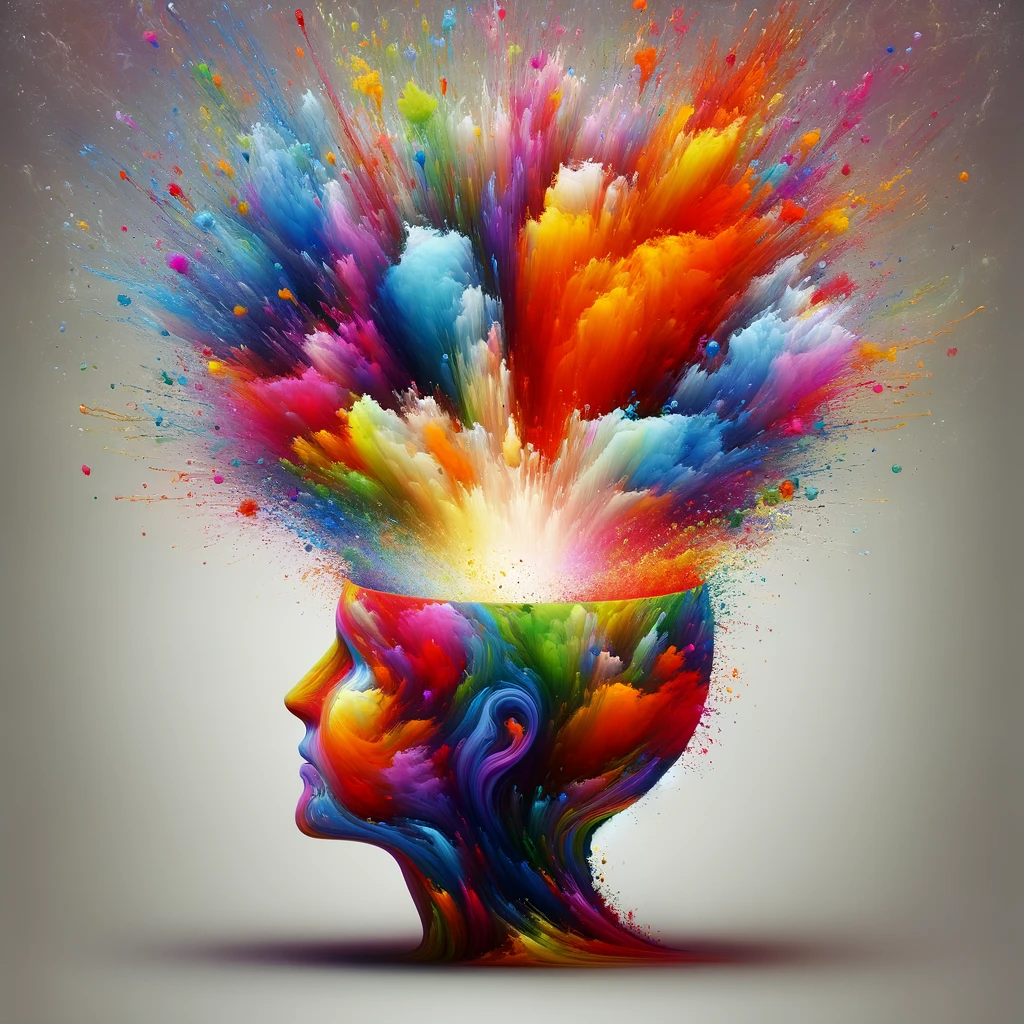From the moment we’re born, we’re creating a character.
First we get a name, address, nationality, race and religion.
Then we go to school and learn what we’re good at and what we’re not good at, we find a good career and a job, so we can say I’m an Engineer and I was born in the UK. This is who I am. I’ve got a good job, and I earn a good salary. I’m a good member of society.
We gain hobbies and preferences, likes and dislikes.
We take on more and more attributes – I’m rich or I’m poor, I get angry easily but I’m working on it, I don’t like staying up late at night, I like dogs but don’t like cats, I’m struggling with a coworker at the moment, I am this I have that and so on.
But who is this I, that is these things and has these things?
Well, you say, it’s me, it’s this person right here.
But tell me this, when you go to sleep at night and all of this thinking is gone, do you still exist?
Of course you are, so tell me this.
If you still exist in the absence of all of this thinking then how can you be this thinking character?
Here’s another question, if you are this thinking character, then who is the one listening to it talk all day?
If you say that this thinking character, this creation is just your personality, then I ask you who’s personality is it?
Who does it belong to?
But the problem with this mind and this thinking is that it finds everything unsatisfactory, and so it generates a lot of suffering. This is called Dukkha in Buddhism.
When I stub my toe, there is pain. Then the mind jumps in and takes ownership of it – that really hurt, what kind of idiot designs a table like that, I knew this was going to happen, why is this always happening to me?
When I eat orange flavoured milk chocolate, there’s pleasure. Then the mind jumps in, this is good. I can have more of this, keep going. So I eat the whole thing. Then I feel sick and I suffer and complain about feeling sick and having a stomach upset.
While I’m eating it, I’m also complaining about how much it cost, how expensive everything is these days, thinking of what happened yesterday, what I’m worried about tomorrow, and so I’m constantly suffering.
The real problem is that you’ve taken this thinking mind and all of the noise and emotion that it generates to be you, you believe that it’s who you are, so you suffer.
And when these thoughts are mostly OK we just suffer a normal amount, but when they’re not we take ourselves off to therapy to spend years doing more thinking in the hope that we can think better thoughts or think our way out of the thoughts that we originally thought that made us suffer.
And the insanity of this is, it’s this constant thinking and the entire character that we’ve dreamed up that is causing this suffering in the first place.
Start being aware of the gaps between these thoughts, start sitting for a few moments here and there just being very present in this moment, and notice what this mind is doing.
This is all that meditation is.
If you start to notice, you’ll see that there are gaps between these thoughts, maybe very short and small, but there are gaps. Where are you in these gaps?
The truth is, you are those gaps, the real you is the one that has the awareness of these thoughts, the one that listens to them.
The mind is a creation that has to constantly keep thinking to keep itself alive and it’s terrified of no longer existing.
Now on a more practical note, If meditation is very unpleasant, then contrary to most popular wisdom I don’t recommend that you carry on.
Meditation at first was very difficult for me, and I tried to persist but even after many years of practice it was still very difficult and uncomfortable.
It may be that you are carrying a very dense and heavy trauma body, as I was and that you need to do the body work, the somatic work to become grounded and come back into the body again before practicing meditation.
There isn’t any forcing or struggling that should happen and no amount of willpower or mental effort is required.





